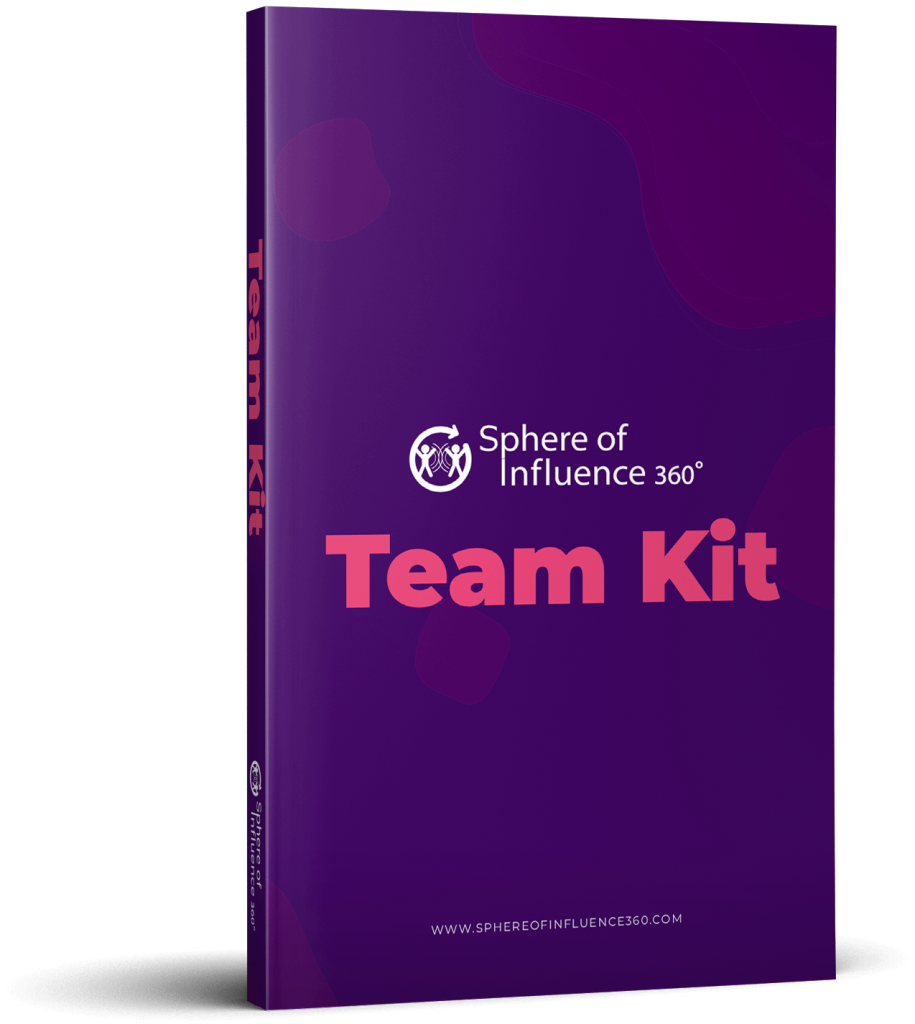Stel je voor dat je op je werk bent. Je bureau ligt overvol, de e-mails stromen binnen en om je heen schreeuwen collega’s over en weer.
Tensions are running high, and yet…you can’t stop yawning.
Mocht je ooit moeite gehad hebben om je ogen open te houden voordat je een belangrijke presentatie geeft, of naar een dutje verlangd hebben vlak voor die vervelende vergadering, weet dan dat je niet de enige bent.
Iedere keer dat slecht nieuws ervoor zorgt dat jij behoefte krijgt om de gordijnen dicht te doen en je bed in te kruipen, of als een strakke deadline tot vermoeidheid leidt, kan stress de oorzaak zijn van dat ongewenste slaperige gevoel.
In dit artikel ga ik in op de oorzaak waarom dit gebeurt en geef ik aan wat je kunt doen om jezelf weer op te peppen.
Why Stress Can Make You Feel Sleepy
Stress can have surprising impacts on the way we think and feel.
But while mental drift and obsessive thinking might be easy to understand, sleepiness can also be a good indicator that your mind and body are under pressure.
The reason, according to clinical psychologist Dr. Curtis Reisinger, is because of the physical toll stress takes on our bodies, which respond (you might recall) with floods of adrenaline and cortisol.
Also known as ‘fight or flight’ hormones, these chemicals are to blame for muscle tension, surges of emotion (or ‘flooding’), and even yielding to others’ needs and wants (‘fawning’) when we’re feeling overburdened. They’re also the culprit of fatigue, or feeling sleepy – even when we can’t afford to drop the ball.
Put simply, all these physiological reactions tap our reserves, depleting us of energy. As Reisinger puts it: “People who become fatigued in response to stress are using up all the glucose in their brain that they otherwise need to maintain energy throughout the day.”
It makes sense, but because it doesn’t help with that flooded inbox or a big presentation, I’m going to help you fix it.
If you’re familiar with these symptoms, read on for 3 tips related to my Feeling Sleepy Coaching Card, so you can be productive and feel better once more.
3 Ways To Beat the Zzzzz’s
As a human, I’ve found a quick nap, a brisk walk around the block, or coffee are by far the best cures for stress-related sleepiness.
Not only do 10-20 minute power naps take the edge off your impatience, but did you know they also improve your reaction speed, learning, efficiency, and overall health? Walking has its benefits, too, being a great way to elevate your cerebral blood flow, breathing, and mood naturally.
In practice, however, excess caffeine can aggravate anxiety, and walks and micro naps aren’t always practical, especially at work. So as a coach, I’ve learned a few quicker, healthier solutions for waking yourself up.
1. Drink Cold Water – Or Splash Your Face
A short, sharp, bracing shower does wonders for combating stress-related sleepiness, but when that’s not possible, a cold glass of water can be just as effective.
Just as caffeine injects adrenaline into your system, a glass of icy water diverts your blood flow to your brain, without the after crash or jitters. Splashing cold water on your face also does the trick, so pop to the nearest work bathroom, turn on the tap, and pat your face for a brief jolt of adrenaline.
2. Try Aromatherapy
Certain natural scents are tried-and-true ways to wake up from a case of the sleepies.
If you can, treat yourself to a few long, deep breaths of the following:
- Coffee – The smell of coffee alone can be enough to improve your mental alertness, improving your attentiveness and memory
- Lemon – The whole citrus family, and lemon especially, can have great mood-enhancing properties, activating your brain and body, and
- Peppermint – A gamechanging sleepiness-buster, peppermint also enhances your mood, sharpening your focus. If you haven’t got essential oils handy, try mind-flavored chewing gum or candy.
3. Take a Stretch Break
A quick stretch break can get your blood moving and brain working again, while also:
- Releasing muscle tension
- Boosting your blood flow
- Detoxifying your tissues
- Slowing your breathing, and
- Triggering energy-releasing hormones in your system.
These three handy stretches are particularly good, and work beautifully in any office.
I recommend trying to slow your breathing to a deep, conscious pace throughout:
- The Shoulder Roll: A simple, but effective stretch. Sit upright with your hands by your side, and roll your shoulders in slow circles – as large as comfortably possible. Repeat five times forward, and 5 backward.
- The Mini Arm Workout: I came across these arm exercises online, and can confirm they’re energy boosters that make you feel more alert! Choose from ceiling punches, desk pushups, or ‘flying’ spread-eagled. If they don’t work instantly, at least they’ll make you smile.
- Reach For The Sky! This full-body stretch involves standing up tall and marching in place for 30 seconds, with both arms up and your palms toward the roof. Marching boosts the blood circulation from your hips downward, while reaching up releases neck and shoulder tension. This is my go-to exercise as a yoga fan, because it puts you in asimilar stance to the ‘power pose’ by lifting your chin and raising your arms in a triumphant ‘V-shape’. As social psychologist Amy Cuddy points out, it’s a proud, powerful posture not unlike a champion’s stance, and can be a wonderful way to raise your testosterone while lowering your cortisol. To feel more like a champion, Amy recommends holding your winning stance for 2 full minutes.

